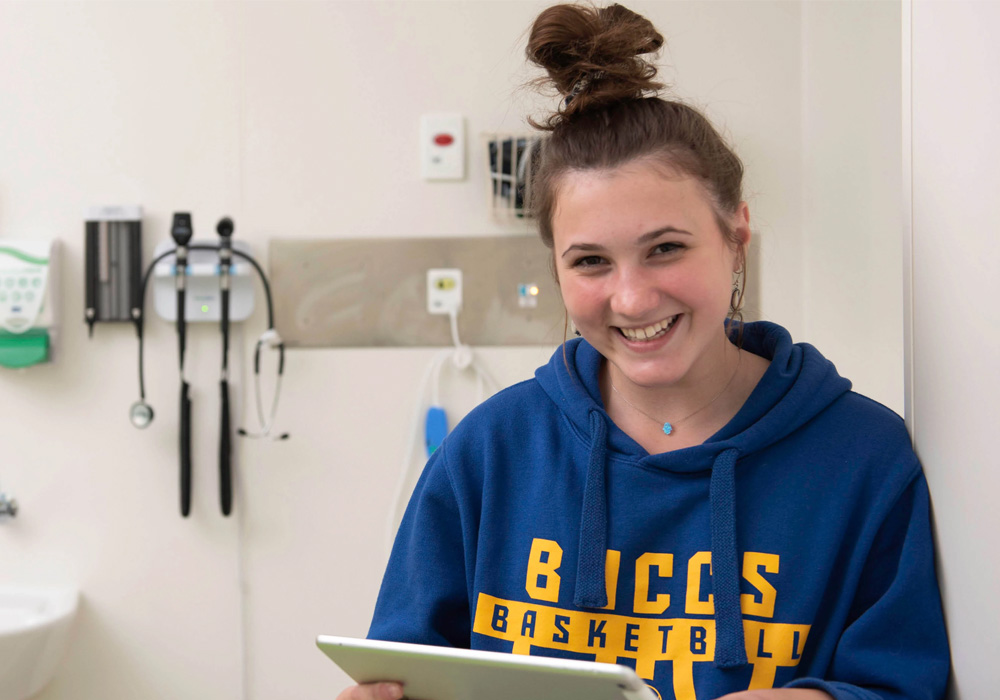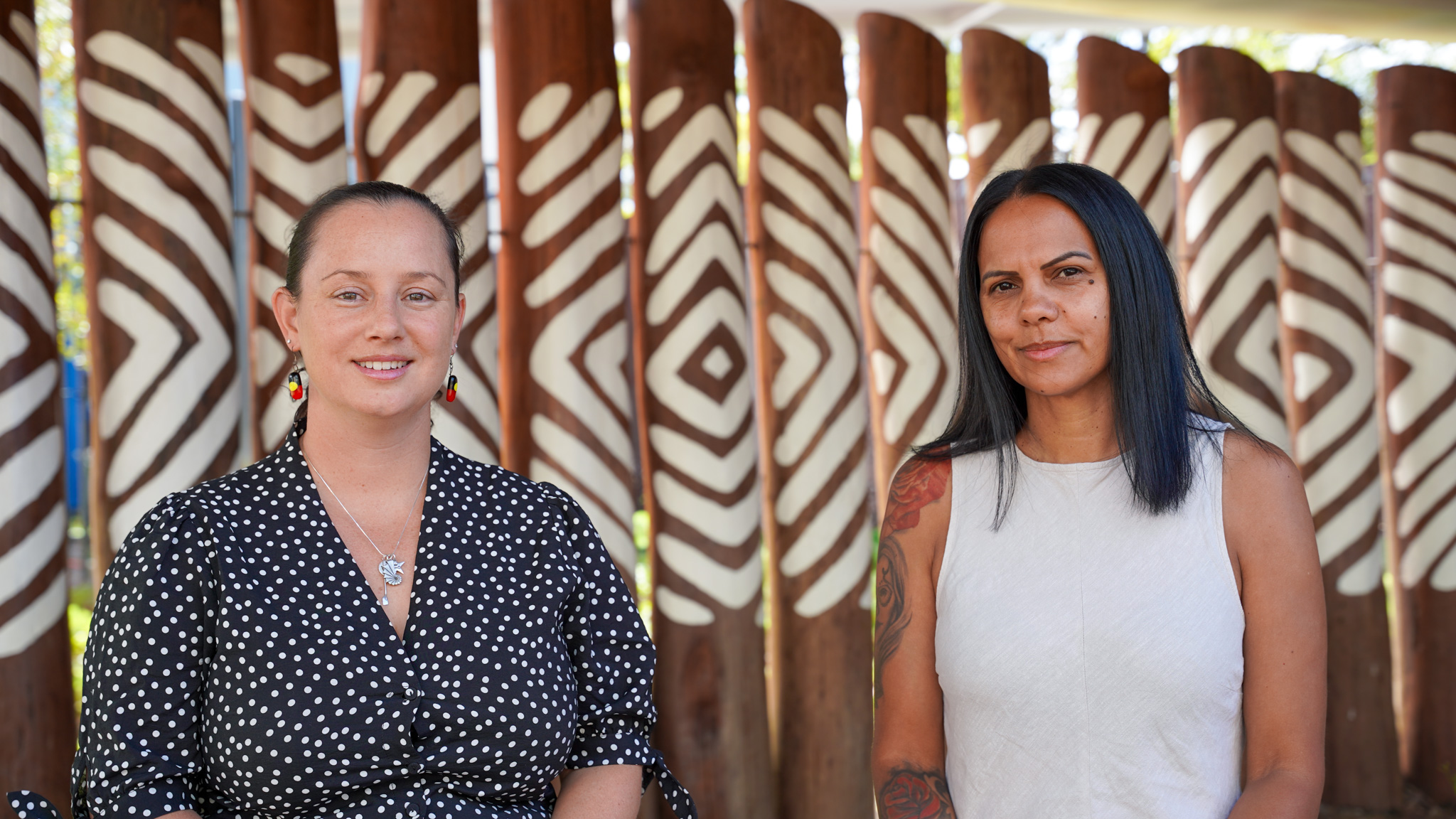Search
Showing results for "Au"
Research
BEAT-CF: Bayesian Evidence-Adaptive Tool to optimise management of Cystic FibrosisAn innovative response-adaptive approach to driving improvements in health outcomes, applied to cystic fibrosis.
Research
Review of Inclusive Preschool ProgramYasmin Adrienne Harman-Smith Gregory BA, BHlthSc(Hons), PhD BSocSci, MPhil Head, Early Years Systems Evidence; Head, Tenders Support Unit Project
Research
The interplay between sarcoma and surgery-induced wound healingIn this project, we are using systems biology approaches to map the wound healing response in sarcoma following surgery to identify new treatments that can prevent sarcoma relapse.

The Infectious Disease Implementation Research Team is a multi-disciplinary group researching the best way to implement infectious disease prevention and treatment strategies to improve the wellbeing of children and teenagers.

A first of its kind research program at The Kids Research Institute Australia aims to develop new strategies to better treat Aboriginal and Torres Strait Islander children with cancer.
Research
Comparing home polysomnography with transcutaneous CO2 monitoring to laboratory polysomnography in children with neuromuscular disordersClinical utility of home polysomnography in children with neuromuscular disorders is limited by lack of evidence that sleep-disordered breathing can be reliably identified and inability to diagnose hypoventilation because carbon dioxide is not measured.
Research
Symbiotic symphony: Understanding host-microbiota dialogues in a spatial contextModern precision sequencing techniques have established humans as a holobiont that live in symbiosis with the microbiome. Microbes play an active role throughout the life of a human ranging from metabolism and immunity to disease tolerance. Hence, it is of utmost significance to study the eukaryotic host in conjunction with the microbial antigens to obtain a complete picture of the host-microbiome crosstalk.
Research
Patient-Derived Orthotopic Xenograft Models for High-Grade Pediatric Brain CancersPatient-derived orthotopic xenograft (PDOX) mouse models are considered the gold standard for evidence-based preclinical research in pediatric neuro-oncology. This protocol describes the generation of PDOX models by intracranial implantation of human pediatric brain cancer cells into immune-deficient mice, and their continued propagation to establish cohorts of animals for preclinical research.
Research
Mapping Lung Hematopoietic Progenitors: Developmental Kinetics and Response to Influenza A InfectionThe bone marrow is a specialised niche responsible for the maintenance of hematopoietic stem and progenitor cells during homeostasis and inflammation. Recent studies however have extended this essential role to the extramedullary and extravascular lung microenvironment. Here, we provide further evidence for a reservoir of hematopoietic stem and progenitor cells within the lung from embryonic day 18.5 until adulthood.
Research
Retrospective Examination of Peripubertal Return for Patients of Western Australia's Gender Diversity ServiceChildren far in advance of pubertal development may be deferred from further assessment for gender-affirming medical treatment until nearer puberty. It is vital that returning peripubertal patients are seen promptly to ensure time-sensitive assessment and provision of puberty suppression treatment where appropriate.
